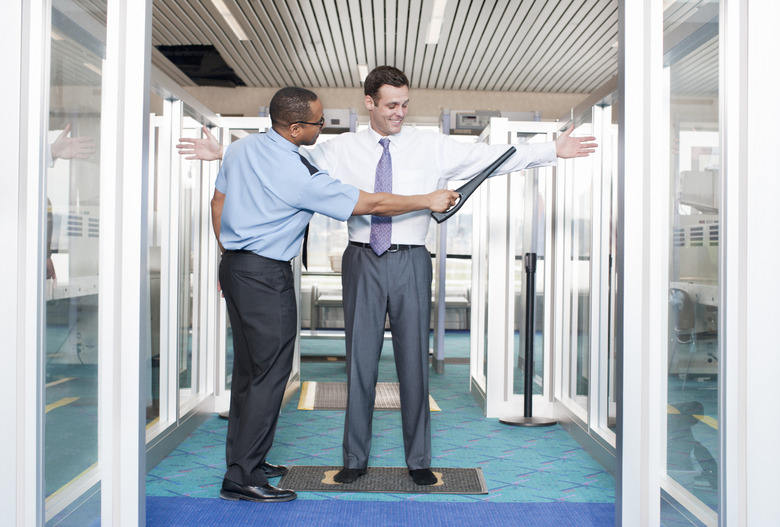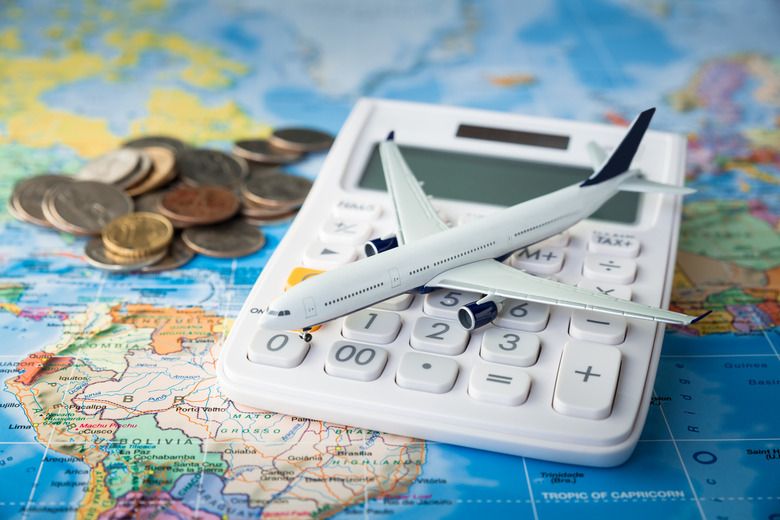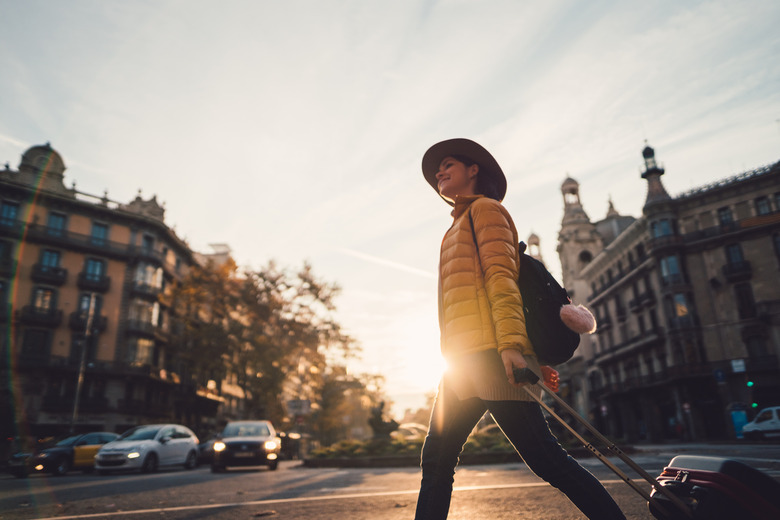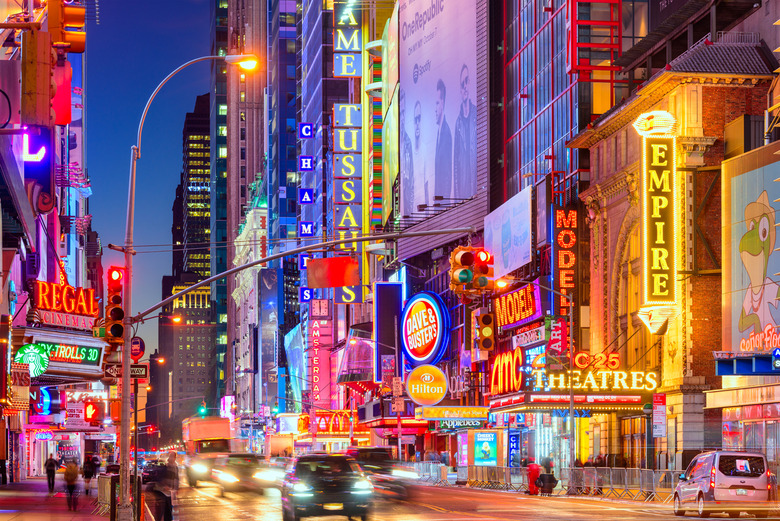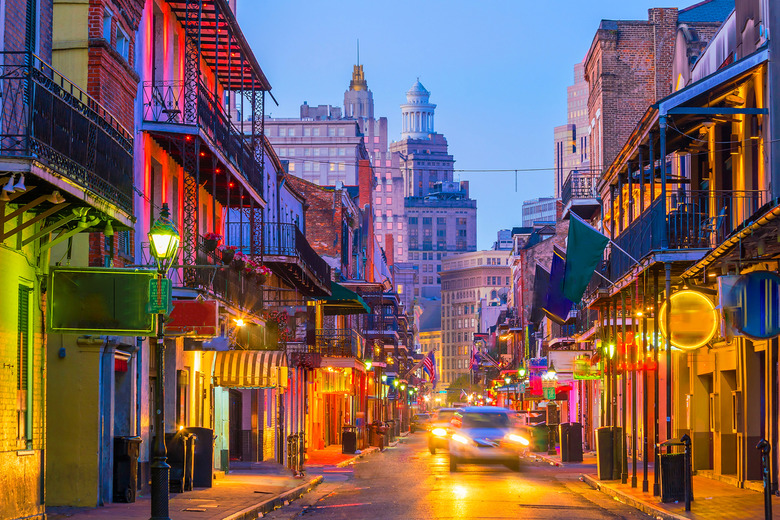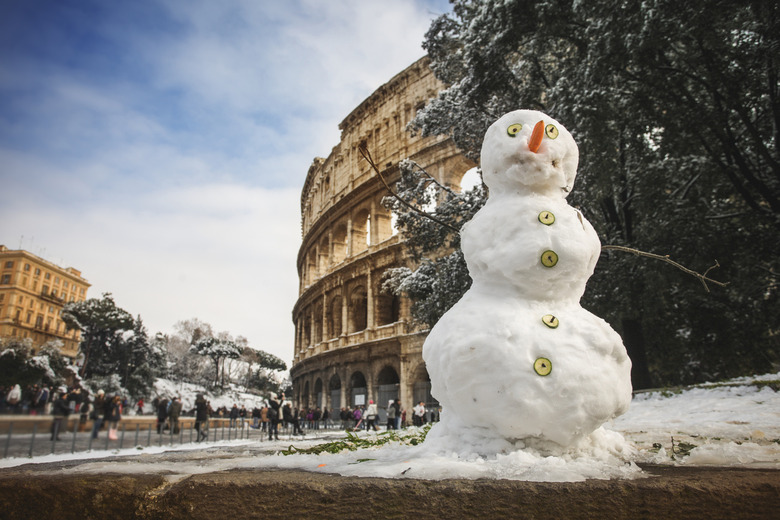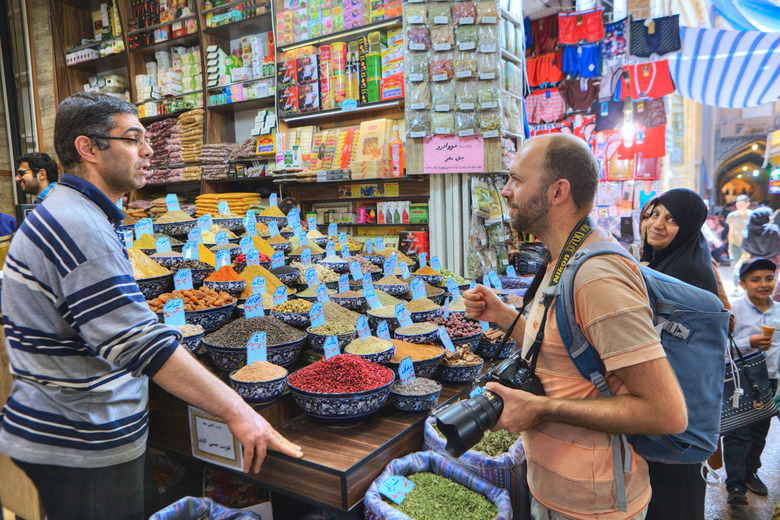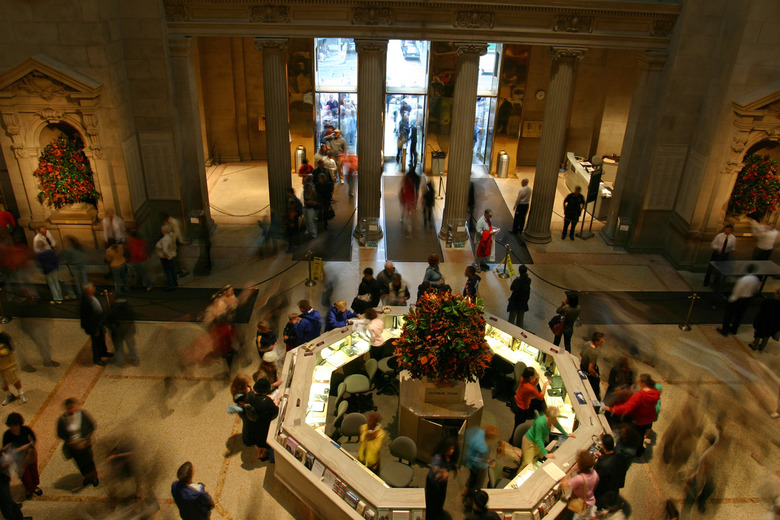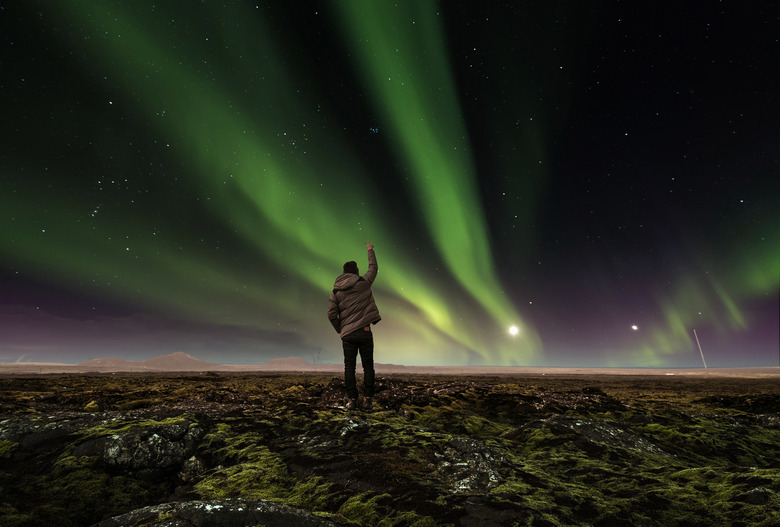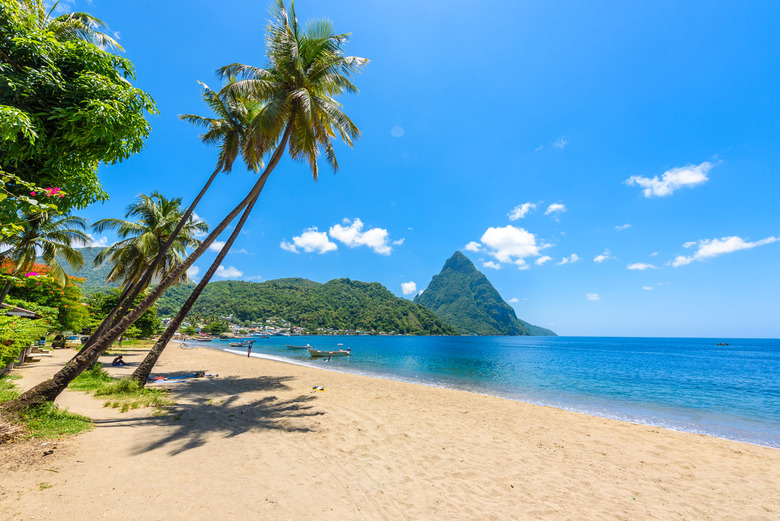20 Reasons You Should Only Travel In The Off-Season
Of the many mistakes a lot of travelers make, one of the most common is being dismissive of traveling in the off-season. While there are many obvious benefits to visiting a destination during its peak travel season, and even quite a few perks of visiting during shoulder season, there's a pretty good argument to be made for only traveling somewhere when tourism is at its lowest point.
Better Photos
The more the crowds thin out, the better your photos. Budget-friendly vacations tend to be more Instagrammable when there aren't so many tourists around that they crowd your photos, ruining the landscape.
Better Security
Getting through airport security is enough of a hassle on its own; doing it during peak travel season can be unbearable both for passengers and security personnel. More importantly, however, fewer people at the airport means better security. Security agents have fewer people to worry about so they can pay more attention to what people are wearing, what they have in their bags, and any suspicious behavior. Hotels and big venues are also safer with fewer people in case of a fire hazard or other situation in which a big crowd may need to make a quick getaway.
Better Service
Even the best hotels can get a bit overwhelmed during the high season, but when there are fewer guests to worry about, it's less of an issue. Low season means you get more personalized attention not only at your hotel, but also during your flights and at restaurants, on excursions, and with tour guides.
Cheaper Attractions
Sometimes so-called tourist traps are still must-sees, but in the low season, they don't necessarily feel so much like tourist traps. Many attractions jack up their prices during the tourism high season, but when there aren't many tourists around, you'll find you may be able to save quite a bit.
Cheaper Flights
There are many ways to save on airfare, but the most simple is to travel when prices are lower. When you travel during the low season, you avoid pricey flight tickets, leaving you a bigger budget to spend elsewhere.
Cooler Temperatures
High season at most destinations is usually during their summertime, which can sometimes mean scorching heat or at least a little too much sweat. Low season might mean rainy days and chillier weather, but if you're alright with taking along your umbrella and layering up, it's not a bad deal. You won't be experiencing discomfort in the heat, which could make your sightseeing more enjoyable. Of course, if the weather is extremely cold, you should reconsider travel or at least learn some tips on how to survive extreme cold.
Fewer Crowds
Sometimes the most irritating part of visiting a destination that's super popular is dealing with large crowds jostling you on the streets, gathering at all the events you're interested in as well, and crowding the top attractions. Because there are fewer people during the off-season, you are free to enjoy your vacation without the nuisance and noise of loud children, people cutting in lines, and too many people in general.
Friendlier Locals
Locals can get a bit tired of tourists during the high season, even if you're on your best behavior. The best part of the off-season is that they're not dealing with too many other visitors at the same time, and so you'll find that the locals open up more during this time. Not only are they more willing to help you out, but you can even get some great information from them just from a simple personal conversation.
Less Cliché
Some travel clichés are actually worth experiencing, but it can be nice to go a little off the beaten path. Instead of biking through lavender fields in Provence, perhaps you could take to France's fantastic skiing opportunities, or instead of getting caught up in Mardi Gras, you could experience the beauty of New Orleans on a regular day when it's not crowded with drunk tourists.
Less Stress
Lower expenses and fewer things to worry about also mean less stress. Less stress on your vacation, of course, also means that you're likely to enjoy yourself more.
Lower Hotel Rates
Save on your accommodations by staying at a hotel on a date where they don't have an influx of guests. With lower room rates, perhaps you can afford a nicer hotel or even a room upgrade that you normally wouldn't be able to get during high or shoulder season.
Lower Menu Prices
Flights, hotels, and local attractions all predictably become more affordable during the off-season, but you may be surprised to learn that restaurants do as well. Many restaurants have higher prices listed when they know there are more tourists in town, which means you can save on your restaurant bill when there aren't.
More Authenticity
In many of the world's top tourist destinations, you'll find more tourists than locals during the high season. Not only can this get irritating, but you'll also feel as though you're not getting the full, authentic experience of a locale. Visit a city like Rome or New York in the off-season and you'll see it for what it is on a day to day basis — you'll see it when it's serving not as a big attraction but rather as a home for millions.
More Availability
The lack of crowds also means more spots available on popular tours, fewer hotel rooms booked, and fewer reservations made at top restaurants. When you go during the low season, you'll find that a city often has far more availability in many places — so you can get that suite you wanted or try that delicious entrée you saw on Instagram.
More Flexibility
Because you're not scrambling to snatch up a good deal before it disappears or get a hold of a ticket for a main attraction, you can relax a bit when you're traveling in the off-season. There's no need to plan your itinerary out completely; be spontaneous and see what your destination has to offer once you get there so that you can pick and choose.
More Room for Negotiation
Businesses — from hotels to airlines to shops and markets — aren't as booming during the low season, and so you'll find that you may have more negotiation power. You're more likely to not have your flight attendant hate you if you ask for an upgrade (and more likely to actually get one) if there aren't as many other passengers, and you're also more likely to get better deals on hotel stays, vacation packages, and tours if you're negotiating your price during the off-season. Local vendors at markets and smaller attractions are also more likely to be lenient if they're a bit more desperate for your business.
No Lines
With smaller crowds come shorter lines, which is always a perk because there aren't many landmarks, museums, rides, and restaurants worth waiting hours in line for. Save time as well as your sanity and get through your itinerary quicker, as well as happier.
No Reservations Required
The fact that there is more availability of hotel rooms, tickets for attractions, and tables at popular tourist restaurants isn't great only because it means you have more options — it's also great because you have less hassle. The low season means you don't need to worry about making sure you've booked everything ahead of time and checked everything off your list. You can even be spontaneous and wait until you get to your destination to find a last-minute deal at a local hotel, saving you even more money.
Unique Experiences
Since everyone goes to Alaska to enjoy the beautiful lakes and nice weather in the summer, why not visit in the winter when you get the chance to glimpse the Northern Lights? Instead of visiting New York when all the crowds are coming for its Rockefeller Center Christmas tree or its amazing light displays, come right after the holiday season and you may find a new off-Broadway show to watch or get to know the locals in their post-New Year cheer. Low season travel means you're seeing a destination in a way that most people do not, and that means you experience things unique to your trip.
Unspoiled Nature
Some of the world's best beaches are known for their cleanliness, but imagine how much more pristine they must be when there's hardly anyone on them? Experience some of the best hikes in the world in the low season, and not only will you get great photos but you'll also get to enjoy nature by itself instead of with crowds of people around you making noise or ruining your view. After all, nothing can destroy a natural wonder faster than a foolish tourist.


